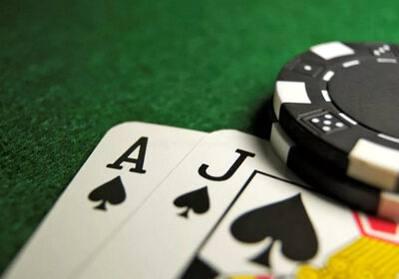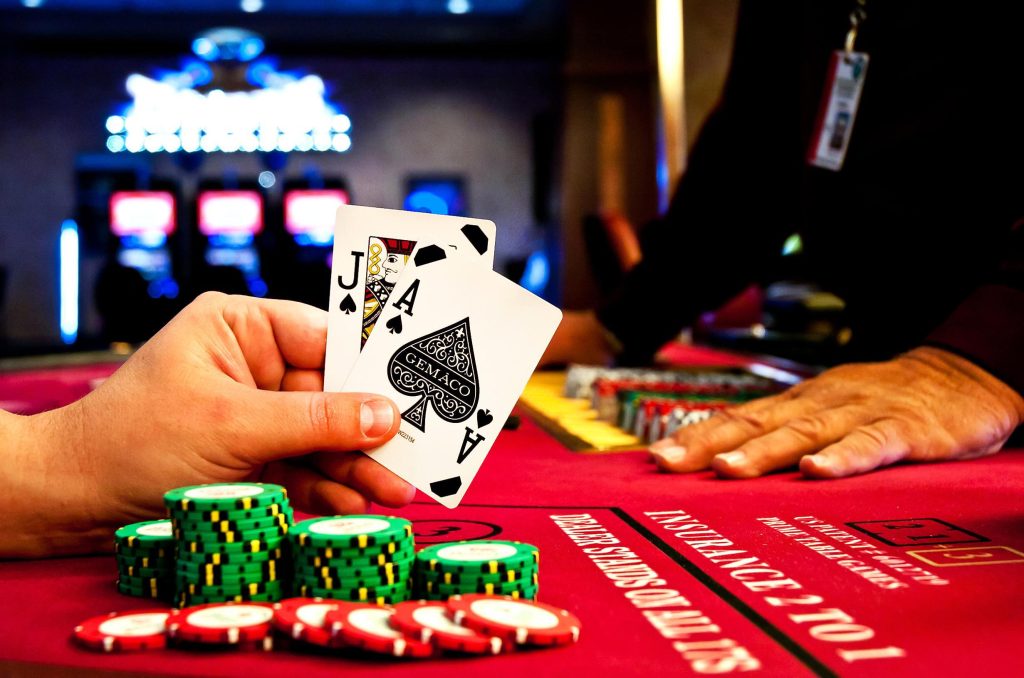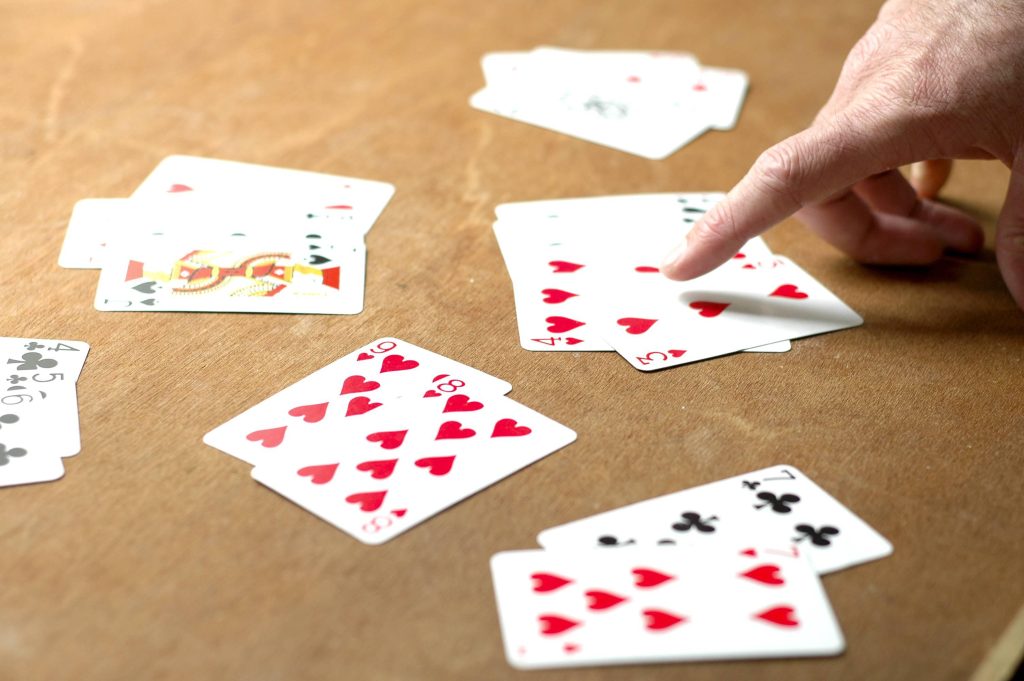
Blackjack is an addictive and challenging game that requires luck, skill and strategy. As the classic card game has grown in popularity over time, experts have developed different ways to play the hand to maximize your chances of winning.
One such decision that many players face when playing blackjack is whether they should double down if given the opportunity. Doubling down can often be a profitable move if done right; however, it can also come at a cost to those who don’t know when to enter the game or how best to use it strategically.

Blackjack guide
Blackjack, also known as twenty-one, is a popular casino card game where the goal is to score as many as 21 points without going over the limit. It is usually played by two or more players and a dealer.
Cards are dealt in two rounds:
- The first round includes two cards for each player and one for the dealer;
- In the second round, each player can choose to hit (ask for another card) or stand (keep the cards they have). The dealer always hits 16 and stays on 17.
- After all players have completed their moves, the hands are compared and the one with more points than the dealer wins.
- If both you and the dealer lose, it’s a draw. Winning hands pay 1:1 or 3:2 for blackjack (21 points for just two cards).
- If you hit 21 with more than two cards, it will still count as blackjack and will be paid out as usual.

Double down in blackjack
When it comes to making decisions in blackjack, knowing when to double down and when not to double down is an essential skill. Doubling means doubling your bet after the first two cards have been dealt, but before any additional cards are drawn.
This can be a powerful move, as you will win more if you hit the next card, but it can also be a costly mistake if you end up with a losing hand.
Knowing when to double down is based on the strength of your two cards in relation to the dealer’s up card. Generally speaking, it’s best to double down when the dealer’s up card is weak and your two cards add up to 9, 10, or 11. You should also double down if you have a pair of eights or Ace/8.
On the other hand, it’s best to refrain from doubling down when your two cards add up to 12-16 and the dealer has a strong upcard (7, 8, 9, 10). Also, never double down if you have a pair of sevens or less, as the odds are not in your favor.
By taking into account the strength of both your cards and the dealer’s up card, and following these guidelines, you will be able to make wiser decisions at the blackjack table. With practice and experience, you will gain more confidence in your ability to make the right move and improve your chances of winning.
Blackjack types
There are several types of blackjack games that use the same basic rules but with some minor variations.
The most famous type of blackjack game is called classic blackjack. This is an option that you are likely to find in the club, on the Internet and in universal forms. It uses one standard deck, allows up to seven players to play at the same time, and uses a dealer to play cards. The goal of this blackjack is for players to beat the seller by making a hand around 21 without going over.
Another popular type of blackjack game is called “Spanish 21”. This option is often found in online casinos and has several unique rules that can make it more favorable for players. It uses eight decks, allows the player to split cards up to four times, and pays out bonus points for certain hands.
Finally, there is single-deck blackjack. This type of blackjack uses only one deck and often has more favorable rules that make it easier for players to win. It may have lower betting limits and can be found at many online casinos.
Rules Beyond Doubling Down in Blackjack
In addition to doubling up, there are several other rules associated with playing blackjack. Splitting pairs is allowed in most blackjack games and allows the player to split two cards of the same value into separate hands.
Players may also discard their hand if they believe it is unlikely to win against the dealer. This gives them half their bet, but allows them to avoid losing the full amount.
Insurance, which is offered when the dealer has an ace up card, allows players to wager half of their original bet to cover possible losses if the dealer has a blackjack.
Leave a Reply